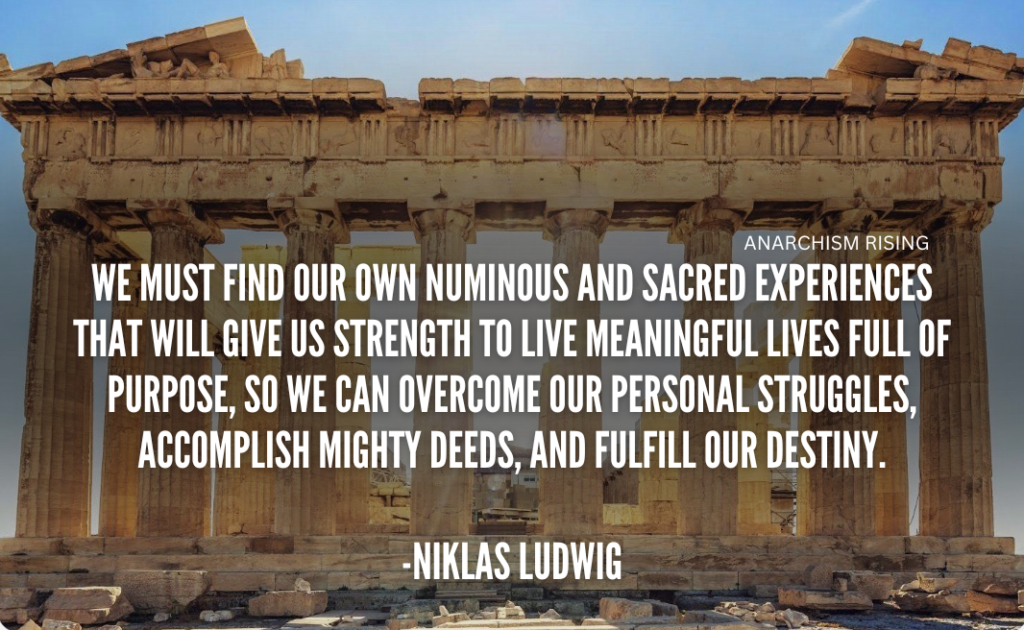
Most of us, those of us who have grown up and live in cities (which is now the majority of humanity), spend most of our time living and working in environments that are purpose driven, utilitarian, and separated from the natural world as much as possible. Our environment is heated or cooled as needed, we are shielded from the wind and rain, our food and drink is largely packaged in rectangular containers, and we live and sleep in slightly larger rectangular containers.
Our work is for the most part filled with numbers and words that contain meaning only in the most limited and abstract sense, and our skill at using tools to abstract periodically provides us with more numbers, which we can use to trade for shelter, food, clothing, and on occasion a diversion or amusement.
We might spend some time on the edges of the natural world, but even then our experience is much more safe and predictable than that of our ancestors. Most of our encounters with other living things leave very little to chance – most of them are smaller, weaker, domesticated versions of the species that used to roam the planet. And of course this is probably for the best, as humans are, in fact, perhaps the most domesticated of them all.
Yet humans have been “civilized” for only a very short time, and most of us have difficulty adjusting to this artificial environment. We suffer from obesity, epidemics, musculoskeletal deterioration, heart disease and cancers. Humans kill each other indiscriminately by the millions, and enslave many more millions.
But as a result of our mundane and banal existence, our mental illnesses may be even more disastrous in the long term. It is possible that humanity will discover ways to find meaning in mass technological societies, but it likely will take many hundreds or thousands of years. We might not survive that long. And even if we do, we might not survive as individuals. If we are to survive, we must recover the reason for living, for struggling, suffering, and ultimately dying (yeah I know you immortalists think you will cheat death, but the question remains – what is the point of your extended lifespan?)
So what can we do? We know from history, religion, and myth, that humanity finds meaning in experiences that provoke feelings of mystery and awe, many of them originally from nature, and also from the dreams and visions that are shared by people across the world and through the millennia. Most if not all of the most used symbols in religion are based on these ancient experiences and feelings, but similar to our shelter, work, food and environment, these symbols have been abstracted, or abandoned entirely. Some continue to use them, even though their meaning is mostly lost.
It is likely not possible for most of us to go back in time and resurrect (so to speak) the ancient gods, rituals, and symbols that provided meaning to our ancestors. For the power of these symbols is contained in the individual experiences, the faith that they are true. If you don’t believe, the ritual is meaningless, and more importantly, powerless. We must find our own numinous and sacred experiences that will give us strength to live meaningful lives full of purpose, so we can overcome our personal struggles, accomplish mighty deeds, and fulfill our destiny.
Watch:
Leg The Numinous –
The Psyche And The Sacred –
The Archetypes –
Listen:
Man And His Symbols (12 parts) –
Read:
https://en.m.wikipedia.org/wiki/Banal_nationalism
https://en.m.wikipedia.org/wiki/Ritual
https://en.wikipedia.org/wiki/Collective_unconscious
